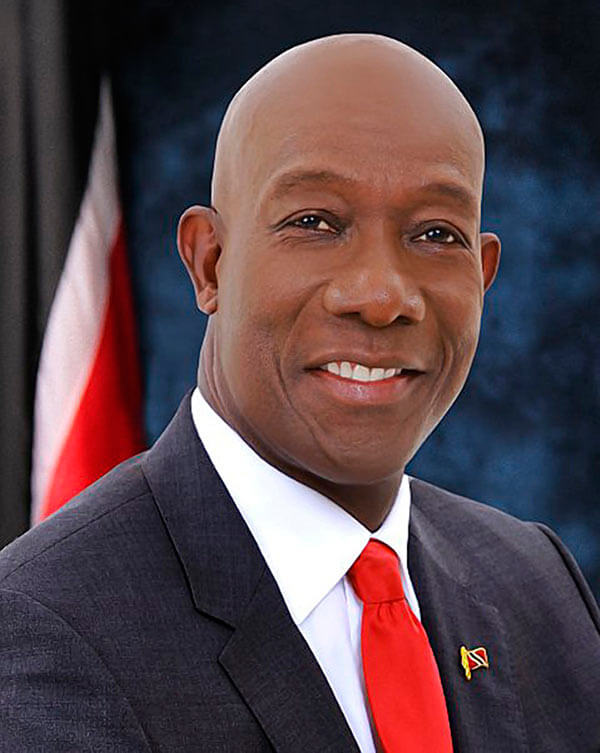Copper and scrap iron thieves have wreaked so much havoc on key utilities in Trinidad that authorities are considering an outright ban on the trade but labor leaders and industry experts warn that such a move could lead to a spike in violent crime in a country that is already beset by too many murders, car jackings and other felony crimes.
In recent months, gangs of thieves have cut power, fiber optic telephone, data cables of telecommunication companies, pipes bringing potable water to villages and towns and other key installations resulting in massive service disruptions that have led to rising anger with the trade.
Minister of National Security, Fitz Hinds has said cabinet is considering a six-month ban on the scrap iron trade altogether, but industry experts like association president Allan Ferguson says those who rummage dumpsites and other facilities for scrap would have to return to crime as “many are ex-prisoners” and people from the lower echelons of society.
“We will let the government know that this industry employs a lot of people,” Ferguson told reporters at a briefing in Port of Spain, Monday. “You business people, if you agree with government (to ban the trade) this will create problems. I don’t want this to happen. Remember how much crime is going on in this country,” Ferguson said as he argued against an outright ban.
Instead he and other industry players argue, is that there should be a temporary ban on the export of copper to foreign markets while allowing other forms of the scrap sector to operate with improved regulations. The association wants a meeting with Prime Minister Keith Rowley this week before it embarks on protest action beginning this Saturday.
He even announced the establishment of a special hotline for citizens to call if they notice that facilities belonging to state and private enterprises are being raided for copper and other scrap forms.
Police Chief McDonald Jacob said this week police are offering rewards of up to $17,000 for information leading to the arrest of gang members.
This came after residents in Central Trinidad last week apprehended, severely beat and handed over a gang to police. The men had already cut crucial fiber optic and copper cables. Villagers reported that they had previously set up a system to nab the thieves as utility services to theirs and nearby communities had been affected in the past. The suspects were taken by police to the nearest hospital for treatment.
Hinds last week described the theft and subsequent service disruptions to telephones, power, water and other utilities as “a national security threat” as he announced that legislation was being drafted to properly regularize the sector.
He and Minister of Public Utilities, Marvin Gonzales say that utilities have been forced to spend nearly $6 million to replace and repair cables and other equipment as subscribers suffered.
Other Caribbean nations including Guyana and Jamaica have also been forced to deal with vandalism linked to the scrap trade by either imposing lengthy bans and heavy fines or by amending legislation governing the trade. Ferguson says the association needs greater police assistance.
“The commissioner of police has failed us. He wanted to get names of persons doing the illegal activity and I told him that we worked with other commissioners to get rid of the past problems we had. I am saying that you fail this organisation and I will tell you why when you ask for a meeting. We sent letters upon letters to help us and work with us and no help is coming forward,” he said.
In their fight to avoid an outright ban, the dealers have the Movement for Social Justice of militant labor leader David Abdullah. He blames authorities for dithering on dealing with a copper export ban and regards any outright restrictions on the trade as a mistake, one that would affect the poor.



























